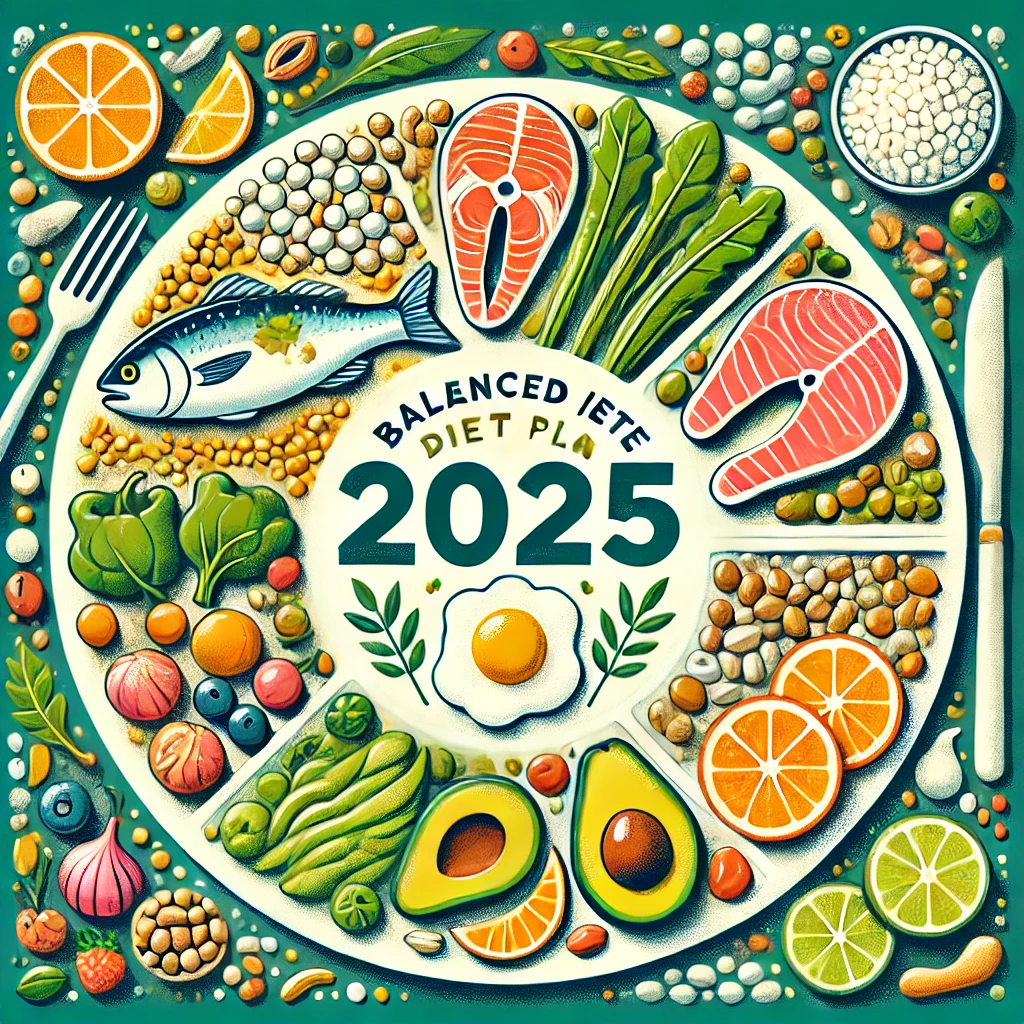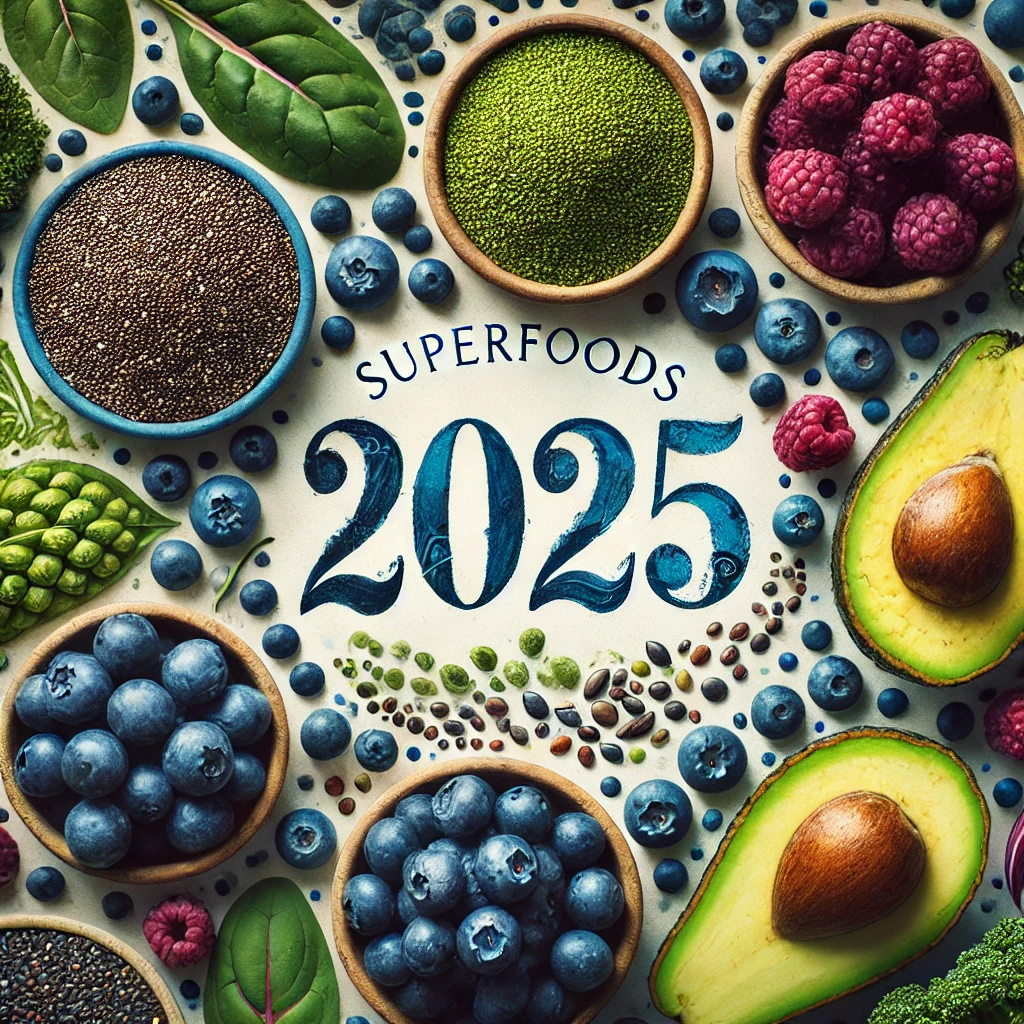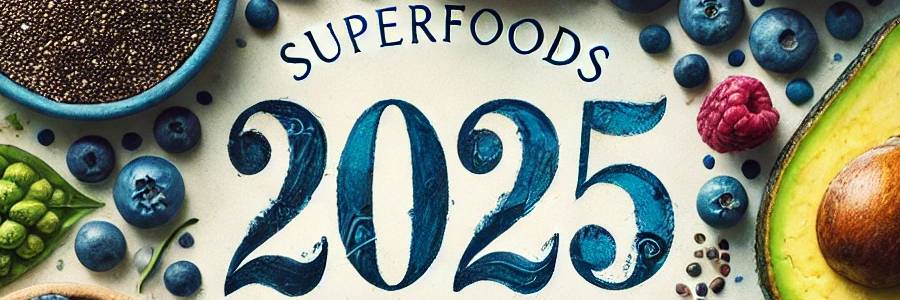Introduction
Staying healthy in 2025 requires a balanced diet and proper nutrition. With so much information available, it is essential to focus on evidence-based tips. This guide provides practical diet and nutrition tips to help you stay fit and energized throughout the year.
The Importance of a Balanced Diet
A balanced diet is crucial for maintaining overall health. It includes a variety of foods that provide essential nutrients, vitamins, and minerals. Eating a balanced diet helps in weight management, boosts immunity, and supports mental well-being.
Macronutrients and Their Role
Macronutrients are essential nutrients that our bodies need in large amounts. These include carbohydrates, proteins, and fats.
- Carbohydrates: Provide energy and should come from whole grains, fruits, and vegetables.
- Proteins: Essential for muscle repair and immune function. Sources include lean meat, eggs, fish, and plant-based proteins.
- Fats: Healthy fats support brain function and hormone production. Choose sources like nuts, seeds, and olive oil.

Nutrition Trends in 2025
Staying updated with nutrition trends helps in making informed dietary choices. Here are the top trends in 2025:
1. Personalized Nutrition
Personalized nutrition tailors dietary plans based on individual needs. It considers factors like genetics, lifestyle, and health conditions. Using DNA-based diets and AI-driven meal planning apps is gaining popularity.
2. Plant-Based Eating
Plant-based diets continue to rise in popularity. They offer numerous health benefits, including lower risks of heart disease and improved digestion. Incorporate more plant-based proteins such as lentils, tofu, and quinoa into your meals.
3. Gut Health Focus
A healthy gut improves digestion and strengthens immunity. Probiotic-rich foods like yogurt, kefir, and kimchi support gut health. Prebiotics, found in foods like garlic, onions, and bananas, help nourish beneficial gut bacteria.
4. Sustainable Eating
Sustainability in nutrition is more critical than ever. Choose local, organic produce and reduce food waste. Opt for plant-based proteins and minimize processed food consumption.
5. Functional Foods
Functional foods provide health benefits beyond basic nutrition. Examples include turmeric for inflammation, matcha for antioxidants, and omega-3-rich foods for brain health.

Essential Diet and Nutrition Tips
1. Eat Whole Foods
Whole foods are rich in essential nutrients and free from additives. Focus on fresh fruits, vegetables, whole grains, and lean proteins. Avoid processed foods high in sugar, salt, and unhealthy fats.
2. Stay Hydrated
Proper hydration is vital for overall health. Aim for at least 8-10 glasses of water daily. Herbal teas and infused water are excellent alternatives to sugary drinks.
3. Mindful Eating
Practice mindful eating by savoring each bite and avoiding distractions. This helps prevent overeating and improves digestion.
4. Plan Your Meals
Meal planning reduces unhealthy food choices. Prepare balanced meals in advance to ensure a nutritious diet throughout the week.
5. Prioritize Protein Intake
Protein is essential for muscle maintenance and overall health. Include lean meats, fish, eggs, and plant-based proteins in your diet.
6. Incorporate Healthy Fats
Healthy fats support brain function and heart health. Choose sources like avocados, nuts, seeds, and olive oil.
7. Limit Sugar and Salt Intake
Excessive sugar and salt contribute to various health issues. Opt for natural sweeteners and season foods with herbs and spices instead.
8. Follow the 80/20 Rule
Balance is key in any diet. Follow the 80/20 rule—eat nutritious foods 80% of the time and allow occasional treats.
9. Maintain Portion Control
Portion control prevents overeating and supports weight management. Use smaller plates and listen to your body’s hunger signals.
10. Exercise Regularly
Diet and exercise go hand in hand. Incorporate at least 30 minutes of physical activity daily to stay fit and healthy.

Superfoods to Include in 2025
Superfoods provide exceptional health benefits. Add these to your diet:
- Chia Seeds: Rich in omega-3s and fiber.
- Blueberries: Packed with antioxidants.
- Quinoa: A complete protein source.
- Avocados: Full of healthy fats and vitamins.
- Kale: High in vitamins A, C, and K.
Conclusion
Following these diet and nutrition tips in 2025 will help you achieve a healthier lifestyle. Prioritize whole foods, stay hydrated, and maintain a balanced diet. Make informed choices and enjoy the journey to better health!

